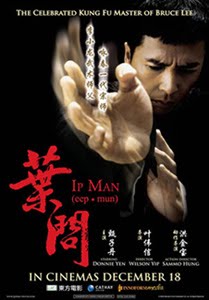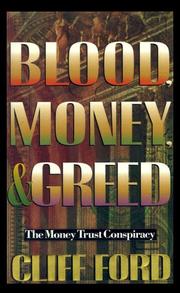Passing of Top Kabbalist Rabbi Leaves Gap
(IsraelNN.com) Hundreds took part in the funeral on Saturday night of Rabbi Shalom Mordechai Hadaya, head of the Kabbalah Yeshiva Beit El in the Old City of Jerusalem.
Rabbi Hadaya passed away at the age of 84, leaving behind his wife Esther, five daughters and two sons.
Rabbi Hadaya was a scion to a family of Kabbalist rabbis who combined erudition in Jewish Law with mystical studies of the Kabbalah. His father, Rabbi Ovadiah, came to Israel from Syria and headed Yeshivat Beit El in the Old City for 30 years. After the Old City fell to the Jordanians in 1948, the yeshiva was re-established on Rashi St. in the western part of the city. The deceased, a noted Torah scholar, headed the yeshiva in recent years.
Click here for entire article
KABBALIST MICHAEL BERG REFLECTS ON INTERIOR MEANING OF PASSOVER
29 March 2010By Michael Berg
The Kabbalah Centre
Passover is understood as the commemoration of the Israelites being led out of Egypt by Moses, after having been slaves under the pharaoh’s rule for hundreds of years. The kabbalists explain that in truth, the story of the Israelites in Egypt is the story of each one of us.
Egypt represents our negative ego, as the kabbalists call it, the desire to receive for the self alone, that part of us that pushes us to care only about ourselves and to disregard others.
The redemption from Egypt, then, is the process of transformation that each one of us is meant to go through throughout our lives so that we can achieve the blessings and fulfillment for which we are destined.
We are meant to diminish the power of “Egypt” and selfishness in ourselves and become a person more concerned with others, sharing more, caring more, and through this, awaken a great Light and blessings for ourselves.
From this we can understand the concept of eating kosher for Passover. During these days we refrain from eating leavened bread, that is, bread that has risen. Leavened bread represents our ego, our need to be known, to rise, to overtake others, all the negative aspects of ego and selfishness.
This time of year, then, is an important time of reflection — what is my “leavened bread;” what is it about myself that I want to refrain from, that I want to remove from my life?
Click here for entire article
***
| A Fear That Can't Be Exorcised | |
| By Tamar Rotem | |
Tags: Israel news, Passover  | |
| Rites designed to exorcise dybbuks have been performed many times in synagogues over the centuries. |
The head is covered by a hood, which has three holes for the eyes and nose, and the person at the center of the event moves helplessly, like an animal being led to the slaughter. In fact, he is undergoing an ancient ceremony designed to rid him of an evil spirit that has entered his body - a dybbuk. This, at least, is what the dozens of people who were gathered around him believed, as did hundreds of others converged at the entrance to the Hashalom Yeshiva in Jerusalem, where this dybbuk-exorcising ceremony was held some three months ago.
The possessed person, a Jew from Brazil, makes thick and gruff sounds; witnesses say that when he talks his tongue does not move. That is a sign that the transfigured soul of a sinful man who has died is speaking from this man's throat.
Rites designed to exorcise dybbuks have been performed many times in synagogues over the centuries, and are traditionally carried out before large audiences. To a certain extent, the fact that this ceremony was filmed and disseminated over the Internet is a contemporary interpretation, albeit a somewhat exaggerated one, of the traditional requirement that the rites be performed publicly. In the film, which can be viewed on YouTube, the kabbalist rabbi conducting the ceremony, Yitzhak Batzri, sings in a deep, authoritative and calm voice.
Click here for entire article
Global Unified Belief Systems move in and around Global Governance principalities. Understand and learn the systems by subscribing to the monthly newsletter today! Do it now.










No comments:
Post a Comment